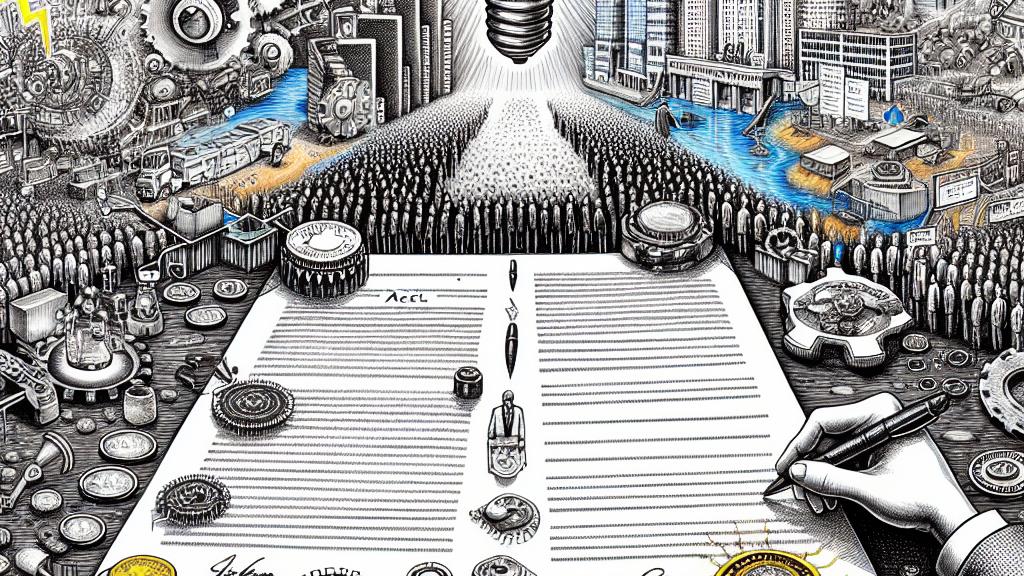Controversy Over Chips Act and Republican Stance
Overview
- U.S. Speaker Mike Johnson ignited controversy by proposing a repeal of the pivotal Chips Act.
- His comments were met with swift backlash, leading to a notable retraction within days.
- The Chips Act is essential for revitalizing American semiconductor manufacturing and protecting national interests.

Background on the Chips Act
In August 2022, President Biden signed the Chips and Science Act into law, allocating an impressive $39 billion to enhance U.S. semiconductor manufacturing. This legislation arose from concerns about America's growing reliance on foreign chip supplies, particularly from Asia. With major players like Micron announcing plans to invest around $50 billion in domestic facilities, the act aims to make the U.S. a leader in technology innovation once again. For example, this unprecedented investment not only strengthens our manufacturing base but also holds potential to create thousands of jobs, boosting local economies across the nation.
Johnson's Controversial Remarks
During a spirited campaign stop in New York, Speaker Mike Johnson suggested that if Republicans regained control of Congress, they could potentially repeal the Chips Act. This statement sparked immediate outrage, especially since it resonated with former President Trump's disparaging remarks about the legislation being 'so bad.' The backlash from both party members and industry leaders was palpable, forcing Johnson to retract his initial position just days later. Instead, he pivoted to proposing changes aimed at reducing the act's financial burdens but maintained that repealing it was not part of the Republican agenda. This backpedaling highlights how deeply intertwined political rhetoric and economic strategy have become in recent years.
Implications of the Chips Act Debate
The Chips Act controversy sheds light on the complexities and challenges facing congressional leaders as they navigate public and party expectations. A repeal of this crucial act could undermine commitments from corporations like Intel and TSMC, both of which have pledged multi-billion-dollar investments contingent on the act's provisions. As we approach the 2024 elections, the stakes are high; voters are keenly interested in how technological leadership and economic security are addressed by their representatives. Ultimately, the Republican Party’s handling of this issue could significantly influence voter sentiment, as Americans look for clarity on key priorities that affect their livelihoods and national prosperity.

Loading...